30, August 2023
Gabon: End of the Bongo dynasty? 0
A group of rebellious military officers declared a coup in the central African nation of Gabon, minutes after the results of the presidential election showed that President Ali Bongo had won a third term.
Gabonese junta putschists declared their intention on television on Wednesday, saying they have overthrown the government of President Ali Bongo.
“We have decided to defend the peace by putting an end to the current regime,” one of the military officers in the coupsters’ group said on national television channel Gabon 24, declaring that the election results were null, all state institutions dissolved and all borders closed until further notice.
In the meantime, the sounds of gunshots were heard throughout Gabon’s capital, Libreville, after the television appearance.
President Bongo first took office in 2009, after the death of his father, Omar Bongo who had become president in 1967.
The latest elections were overshadowed by a lack of international observers, raising concerns about transparency.
After the elections the government curtailed internet service and imposed a nightly curfew across the nation, saying it was necessary to prevent the spread of misinformation
An attempted coup, when Bongo was recovering from a stroke, was thwarted in January 2019 after armed military officers took hostages and announced the creation of a “National Restoration Council” to “restore democracy in Gabon.” The mutiny was quickly put down with only a few casualties.
In a related development, the European Union’s Foreign Policy Chief Josep Borrell expressed concern about the situation in West Africa, saying the current developments in that region were important for European leaders.
Borrell added that the EU defense ministers would discuss the situation in Gabon, and that if it was confirmed that a coup in Gabon had taken place, then this would heap more instability on the region.
“If this is confirmed, it is another military coup which increases instability in the whole region,” said Borrell, speaking at a meeting of EU defense ministers in Toledo, Spain.
Gabon, with a population of 2.3 million, shares borders with Cameroon, the Republic of the Congo and Equatorial Guinea. It was a colony of France before gaining independence in 1960.
Source: Presstv
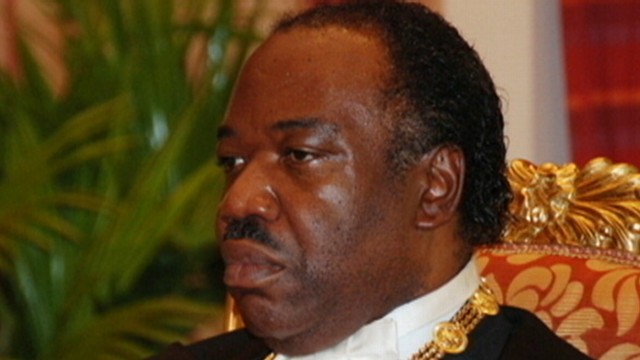
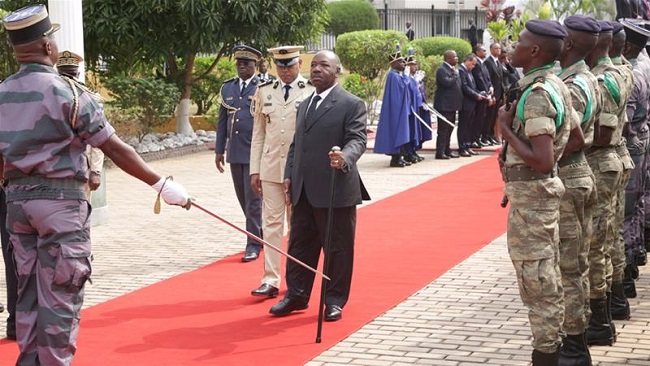
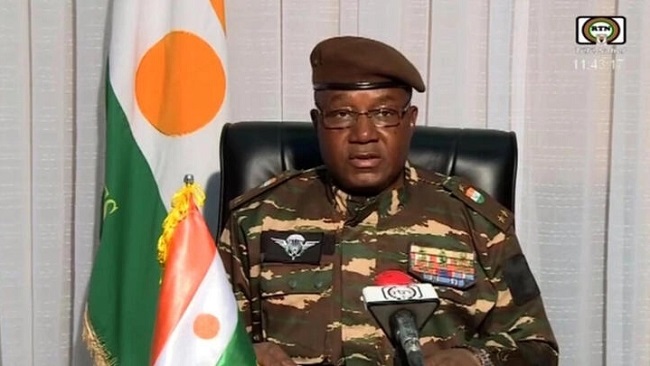
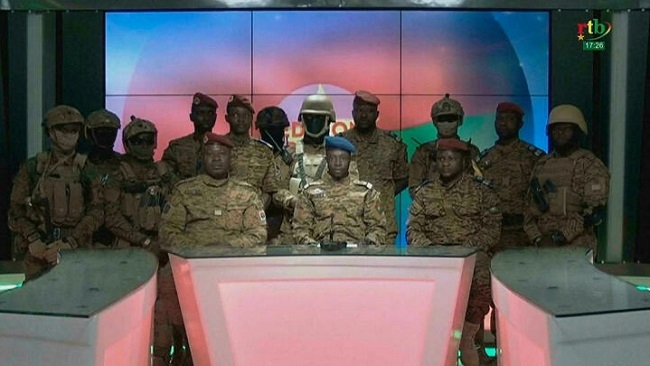
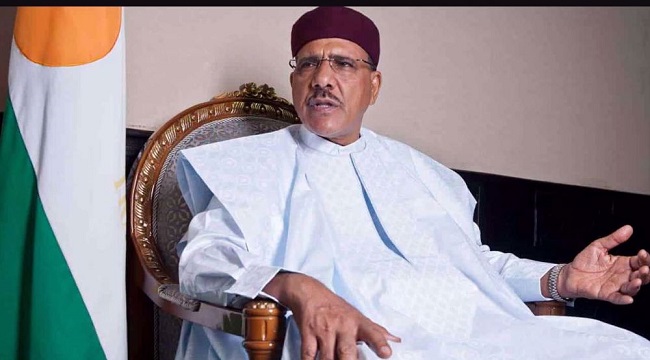
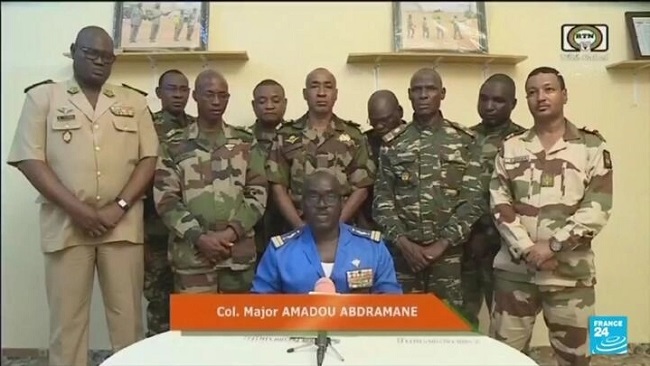


















30, August 2023
Gabon: Colonel Brice Clotaire Oligui Nguema is new strong man 0
The head of the Republican Guards, Brice Clotaire Oligui Nguema, was selected by his peers to lead the transition in Gabon after they took over power on Wednesday, August 30, 2023.
Early Wednesday, the military announced that they had taken over power from Ali Bongo Ondimba, citing a degraded social atmosphere that according to them can lead to chaos in the future.
They also said the August 26, presidential elections were fraudulently carried out.
The country’s electoral commission, announced at midnight on Tuesday that incumbent, Ali Bongo won 64.27% with Ondo Ossa, having 30%.
His position as the leader of the Republican Guards was to protect the president.
The coup on Wednesday shows that the Gabonese military had enough of the irregularities ongoing in the country.
In April 2020, Colonel Brice Clotaire Oligui Nguema took over the head of the Republican Guard, an elite army corps responsible for protecting the head of state, replacing General Grégoire Kouna, also cousin of Ali Bongo Ondimba. Maybe Bongo’s mistake was replacing his cousin with someone who would one day oust him from power.
Source: Cameroon News Agency